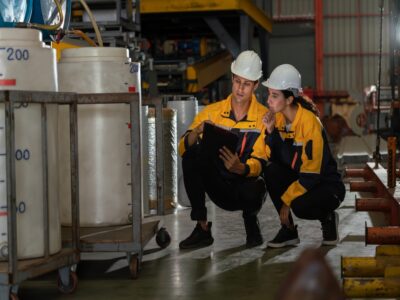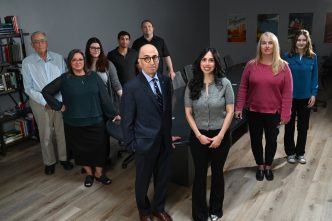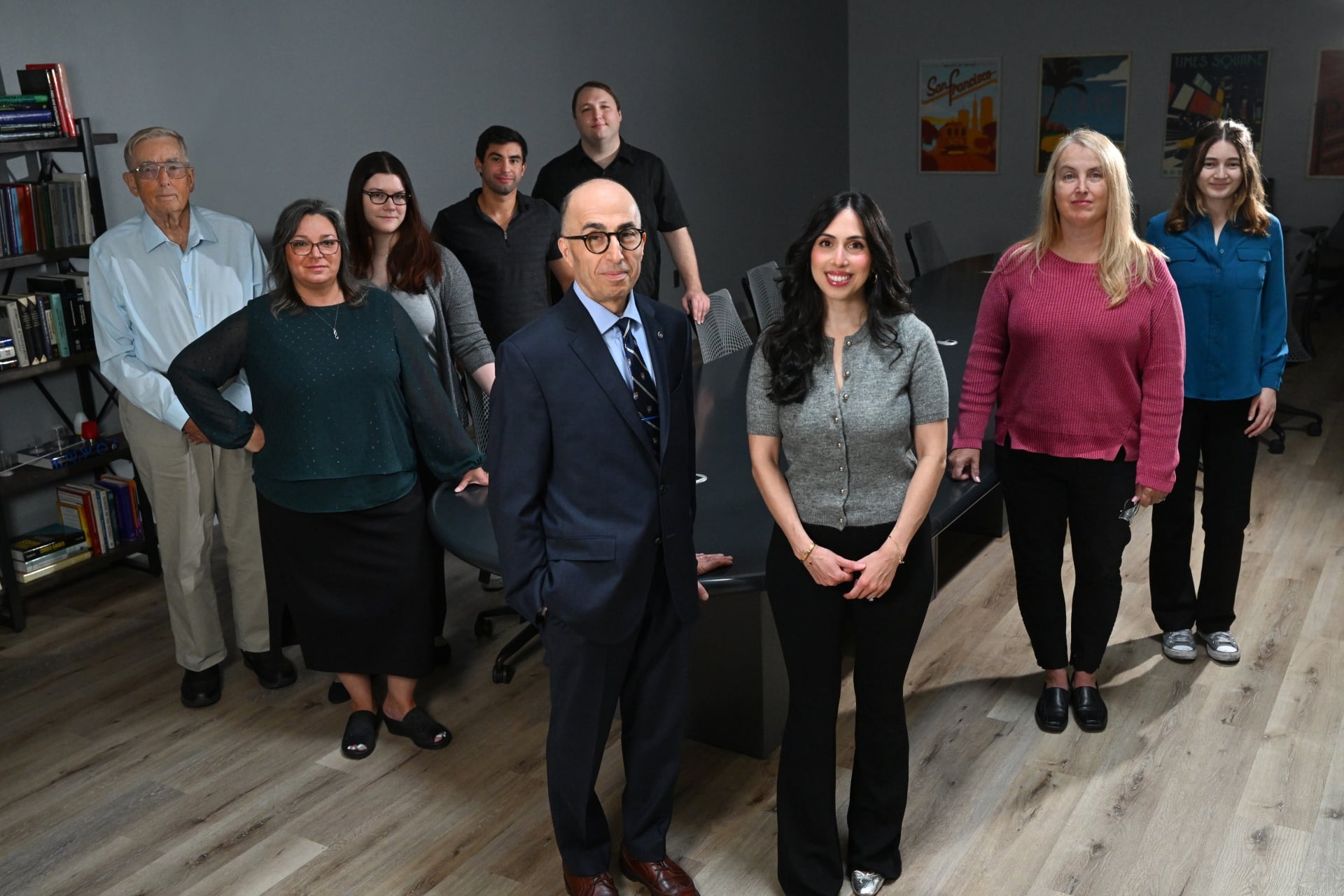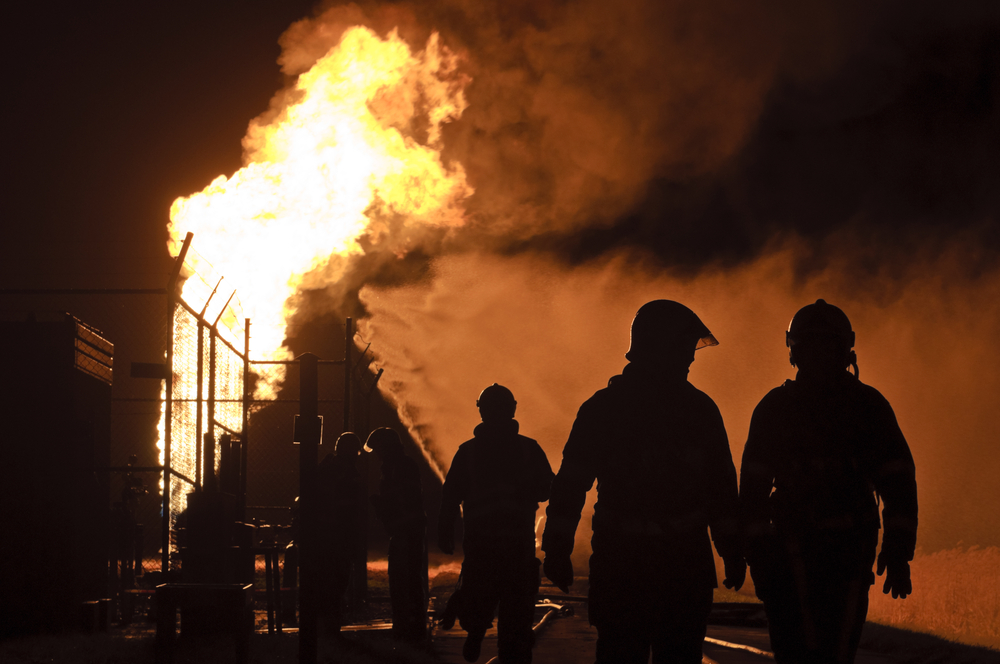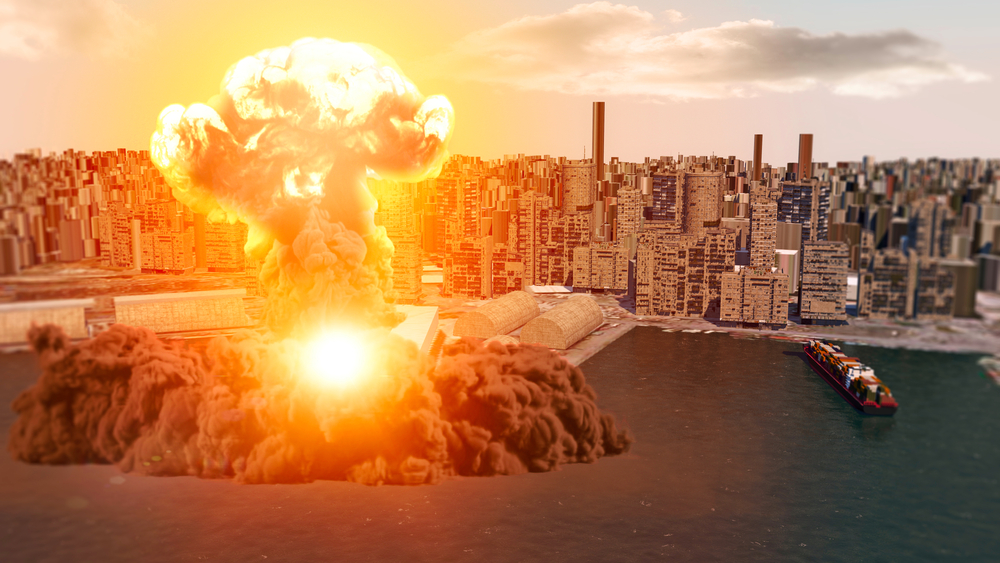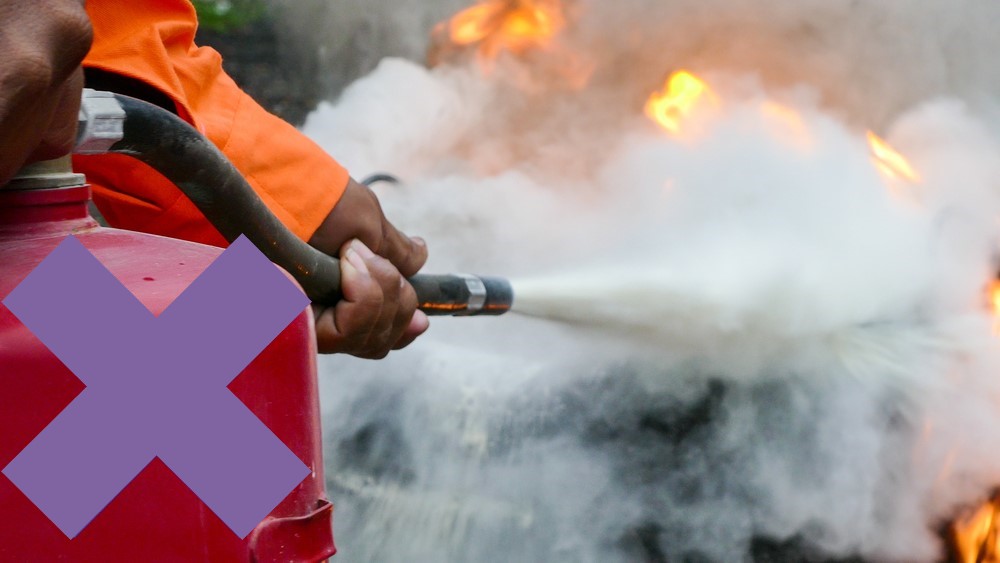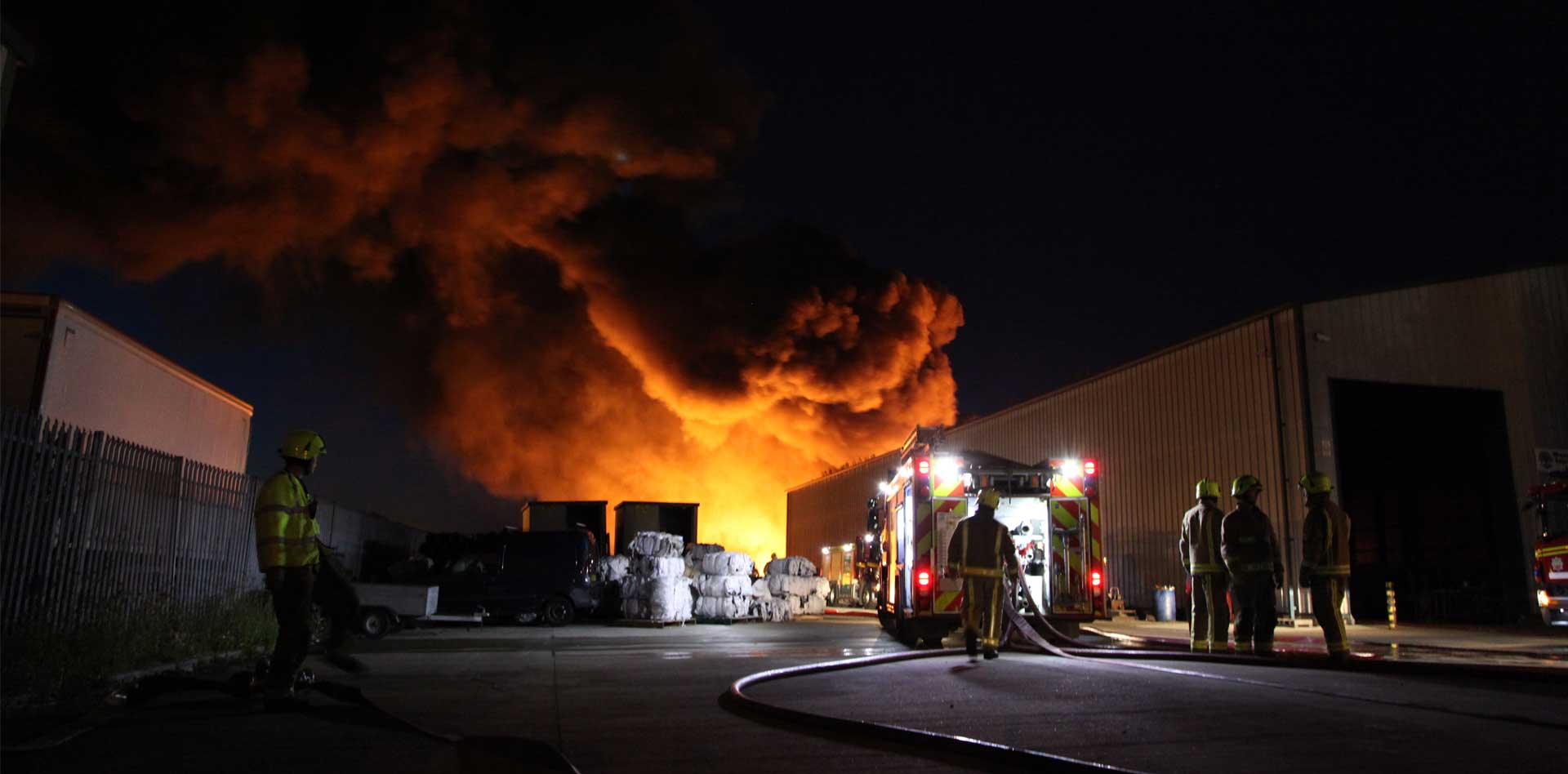
Are you looking for a professional that can investigate toxic chemical release events or factory explosions, and provide event reconstruction solutions?
If the answer is yes, look no further than Stonehouse Process Safety. Our company specializes in an incident investigation for a wide array of industrial processes. We are active in technical committees and societies, such as API, AIChE, NFPA, and more.
What is Incident Investigation?
An incident can be defined as a situation or occurrence that arose during work or an industrial process, which resulted in fatalities, damage to health, illnesses, or injuries. Incident investigation is the process of reporting, tracking, and determining the root cause(s) of the incident so that the company can prevent the same event from happening again via corrective actions. Incident investigation is also critical to the success of processing workers’ compensation claims, meeting compliance requirements with occupational health regulations, determining an accurate cost of an incident, and fulfilling any other legal requirements.
Why Should You Work with Stonehouse Process Safety for Incident Investigation?
Stonehouse Process Safety’s forensic and incident investigation experience is reinforced by our strengths in process safety, reactive chemicals, materials engineering, structural analysis, and blast effects. Since our inception, our company is recognized by legal firms, government agencies, and our clients for our integrity in handling every scene we are investigating. Stonehouse Process Safety utilizes advanced methodologies to develop safety plans for post-accident operations, determine the cause of the accident, and more. Contact Stonehouse Process Safety today to learn more about our incident investigation expertise!

Get in touch
To learn more about our expertise and services in dust explosion prevention & mitigation, call us at +1 609 455 0001 or email us at [email protected] today.
We also offer tailored virtual and in-company process safety training programs on Dust Explosions, Static Electricity and HAC (Hazardous Area Classification) and more. Find further information here.
* indicates required fields


